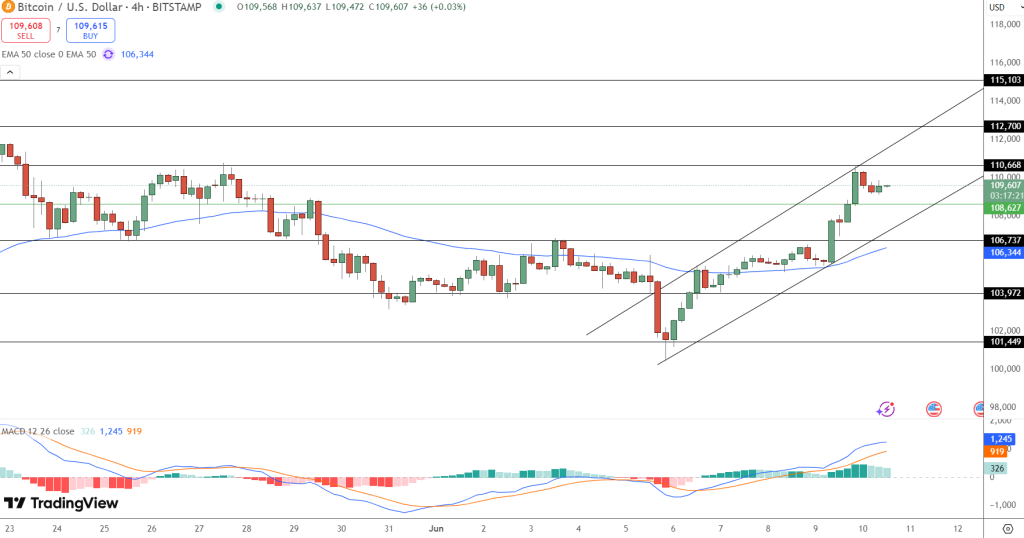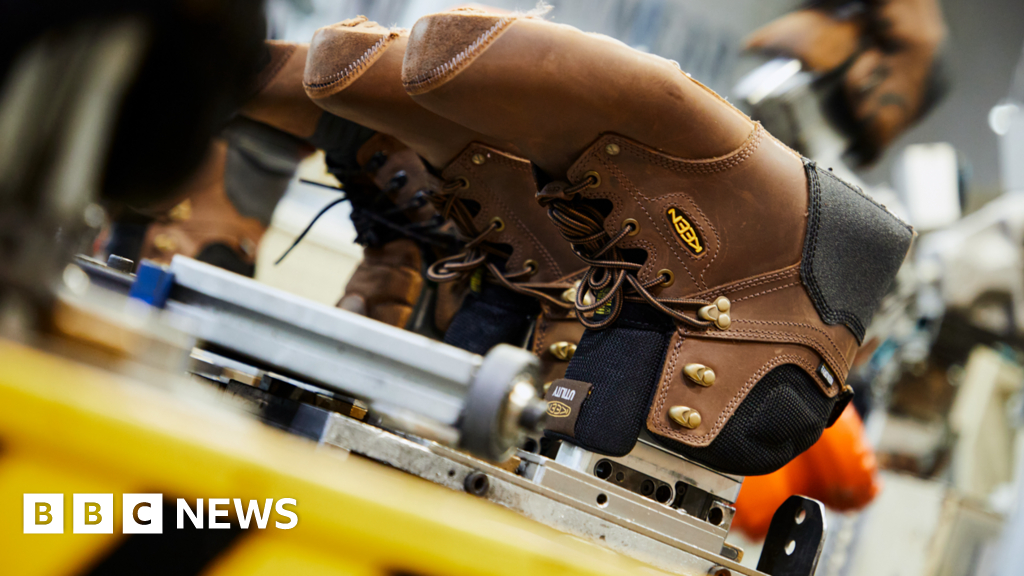Steven Schwartz was just 13 years old when he started his first side hustle. Like many teenage boys his age, he wanted a pair of sneakers—the Nike Kobe 7 Easter shoe, to be exact—but his parents wouldn’t pay for them.
Instead of stomping his foot in protest, he found a like-minded teen on Facebook, Cameron Zoub, to help him build a bot which would buy limited-edition sneakers for people before they sell out.
“We basically spent the next eight years building a ton of different products,” Schwartz tells Fortune. “We built marketplaces, we built consumer apps, we built games, we built social networks, we built SAS companies, people agencies and we did pretty well.”
Now in their mid 20’s—and at least 22 side hustles later—Schwartz, Zoub and a third co-founder Jack Sharkey are running Whop, a marketplace for digital entrepreneurs. Think Etsy meets LinkedIn.
According to Schwartz, the platform, which launched in 2021, is currently valued at around a quarter of a billion dollars and processes around $400 million a year in transactions.
22 side hustles in the making
For those old enough to remember dial-up internet, it’s hard to imagine building businesses online and moonlighting as a tech boss after school hours.
But for the generation that grew up playing on a smartphone instead of in the playground, turning one’s hand to entrepreneurship isn’t so far-fetched.
In fact, the second fastest-growing job title amongst Gen Z grads right now is “founder”, according to LinkedIn.
“My generation don’t want to go work a consulting or banking job. They don’t even want to be an astronaut anymore. They want to make content online, they want to find customers online and they want to find friends online because the internet is so powerful,” Schwartz says.
“Being educated with more information about what people can do, why would they want to do something that isn’t the most elite experience and the most fun for them?”
It isn’t just Gen Z who have embraced the be-your-own-boss hype.
Being able to work where and when you wanted during the pandemic awakened the entrepreneur in many people—and it didn’t go unnoticed by Schwartz.
“Every single person in the world wanted to have a side hustle,” he adds. “They didn’t really want to work a nine-to-five job anymore, they wanted to do something that they were more passionate about.”
The only problem? Many didn’t have anywhere to connect with customers.
For those who took up pottery or painting in their free time, they could sell their work on Etsy.
But when Schwartz spotted “hundreds of thousands of people” trying to buy and sell software on Redditt, he knew a gap in the market could be plugged.
“We saw that as a great opportunity for us to build something that can help streamline the process and make sure that more people are able to participate in this marketplace—at the time, there was no element of customer support, no reviews, no streamlined payments.”
Now, he says 4 million people a month are turning to Whop to tap their inner Jeff Bezos.
Having launched at least 22 side hustles—from a disappearing chat tool like Snapchat before Snapchat existed to a hamburger delivery service at college—before finding success with Whop, Schwartz has some words of wisdom to those looking to make the leap into entrepreneurialism: Just do it.
“We learned that failure is kind of implied,” the Gen Zer says. “Some of them are going to hit and some of them aren’t.”
As tiring as it sounds, Schwartz frames it simply as a matter of picking yourself and trying again. Indeed, Whop wouldn’t exist if Schwartz gave up on venture number 5 and got an office job.
Schwartz’s main lesson? Just don’t let the fear of failure hold you back from starting at all.
“The biggest learning is you have to just start a business if you want to. You can’t be successful in business, if you’re not starting a business. That’s step one,” Schwartz laughs. “So I think just doing it is a huge thing and not really worrying about, ‘what if this doesn’t work?’ Because like, what if it does work?”
Mentorship with Tinder’s cofounder and backing from Peter Thiel
It’s not only remote freelancers who are buying into Schwartz’s vision.
In its latest round of funding earlier this month, Whop raised $18 million.
But it wasn’t until the digital marketplace had around 1,000 monthly users making around $1,000 a month that investors started to take notice, Schwartz says.
It took just one early investor to bring Peter Thiel, the co-founder of PayPal and the first outside investor in Facebook, on board and to introduce Schwartz to Tinder co-founder Justin Mateen.
“We talk all the time,” the 25-year-old comments on his relationship with Mateen, before whipping out his phone and reading out the most recent motivational text the entrepreneur-turned-investor sent him.
“His advice, to paraphrase, is that ‘good things take time and it’s a pretty long game—a marathon, not a sprint,’” he reads.
“People have a tendency to get a little bit riled up like ‘why isn’t everything working all the sudden’, but in reality, it just takes a pretty long time and if you can persevere through it, his philosophy is that you’ll likely do very well.”
That being said, the young CEO has big ambitions for his company’s success.
“In five years, we want to be making 1 million people sustainable income each month and our version of a sustainable income is $2,000 a month,” he says.
“And then longer term, we think that everyone in the world is going to be making money on the internet. We think the internet is powerful enough where we could have literally every single person in the world using our platform to make a living.”
But ‘human interaction is still really awesome’
Despite banking on a future where people quit their traditional corporate careers to make money online on their own terms, Schwartz doesn’t follow the same mantra at home; Whop’s 50-strong workforce is mostly expected to commute into the company’s “aesthetic” Brooklyn HQ most days.
And, he doesn’t see how the two are at odds.
“It’s not like a desk job—this is the least desk job job ever and because of that, I don’t think it’s actually attached to making money online,” he added. “People can make money online, while working with people in person.”
In his eyes, young people’s gripe with in-office working isn’t down to wasting time and money commuting or being able to enjoy more work-life balance at home—rather, it’s due to outdated office spaces.
“They hate the offices they don’t like. But if it’s a Gen Z-ran office, then it’s gonna be a cool office,” he insists while listing the many reasons why Whop’s workspace is superior to your standard vertical tower.
“We’re a shoes-off office, we have a lot of cool snacks, everyone has really nice monitors, and I think it’s just about bringing in the most amazing experience,” he says. “We have a room with a piano, we have a big photo wall, we have a podcast studio, we have a sauna and steam room in the basement.”
“We want to make sure that everyone is in a really pleasant mental state, including myself.”
Credit: Source link











